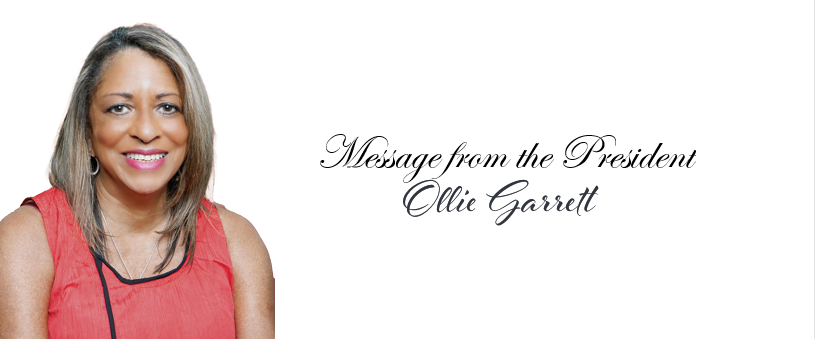Toshiko Hasegawa absolutely believes that representation matters and that her visibility as the Port of Seattle’s first female Asian American commissioner will help update an entrenched culture that has not historically catered to women and minorities.
“It’s going to be about representative leadership,” she said. “We’re trying to engage cultural change as much as we’re trying to lead to affect structural change.” She’s more than willing to model this herself, even it means nudging people out of their comfort zones, like when she brought her child to a training session on her first day. Because one of the topics of the meeting was the commissioner’s responsibility in setting workplace culture, she figured changing attitudes meant exhibiting the new culture herself. Also, she didn’t have childcare, and she believes it’s past time to stop making women choose between childcare and work.
“We really want to be intentional about getting more women and people of color into the trades or into the industries at all levels,” she says. It’s no small job. 20 percent of America’s ports are in Washington, and the Port of Seattle is one of the largest employers in the region, generating billions of dollars. She plans to start allocating those billions more equitably, working to eliminate barriers to minority small business getting contracting opportunities.
She cites Tabor 100 as a model for this and hopes to allocate funds from the Port budget to match Tabor’s grant program. “We have an actual opportunity to close that economic gap for historically excluded groups of people, including women and people of color … I hope to be a champion of making sure that they get what they deserve to be successful.”
This includes creating a safe work environment for women free from harassment and discrimination, as well as implementing a “sustainable blue economy” that increases opportunities for workers by modernizing port industries, transitioning from fossil fuel equipment to green equipment, and decreasing carbon emissions. “There’s so many ways we can make meaningful, positive differences in the lives of community members,” said Hasegawa, “Whether it’s through access to capital contract opportunities or an improved quality of life by reducing noise and air pollution from the communities that we live in.”


